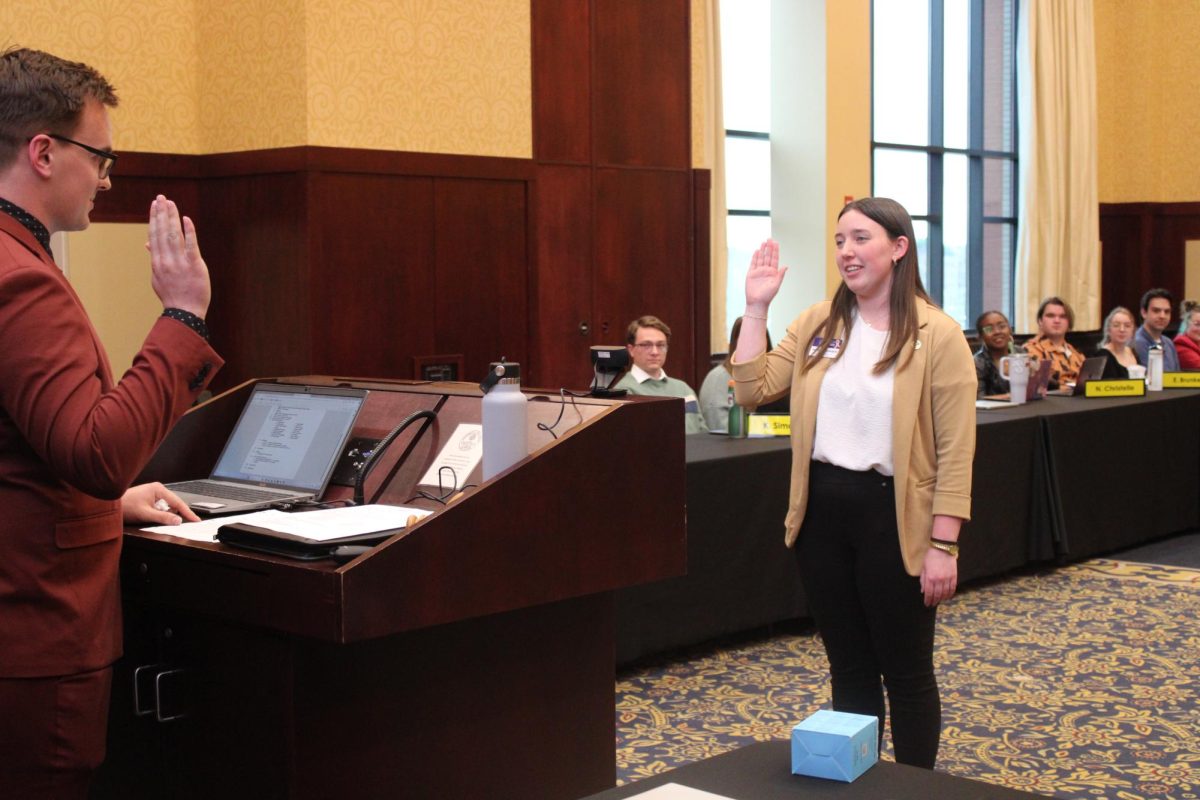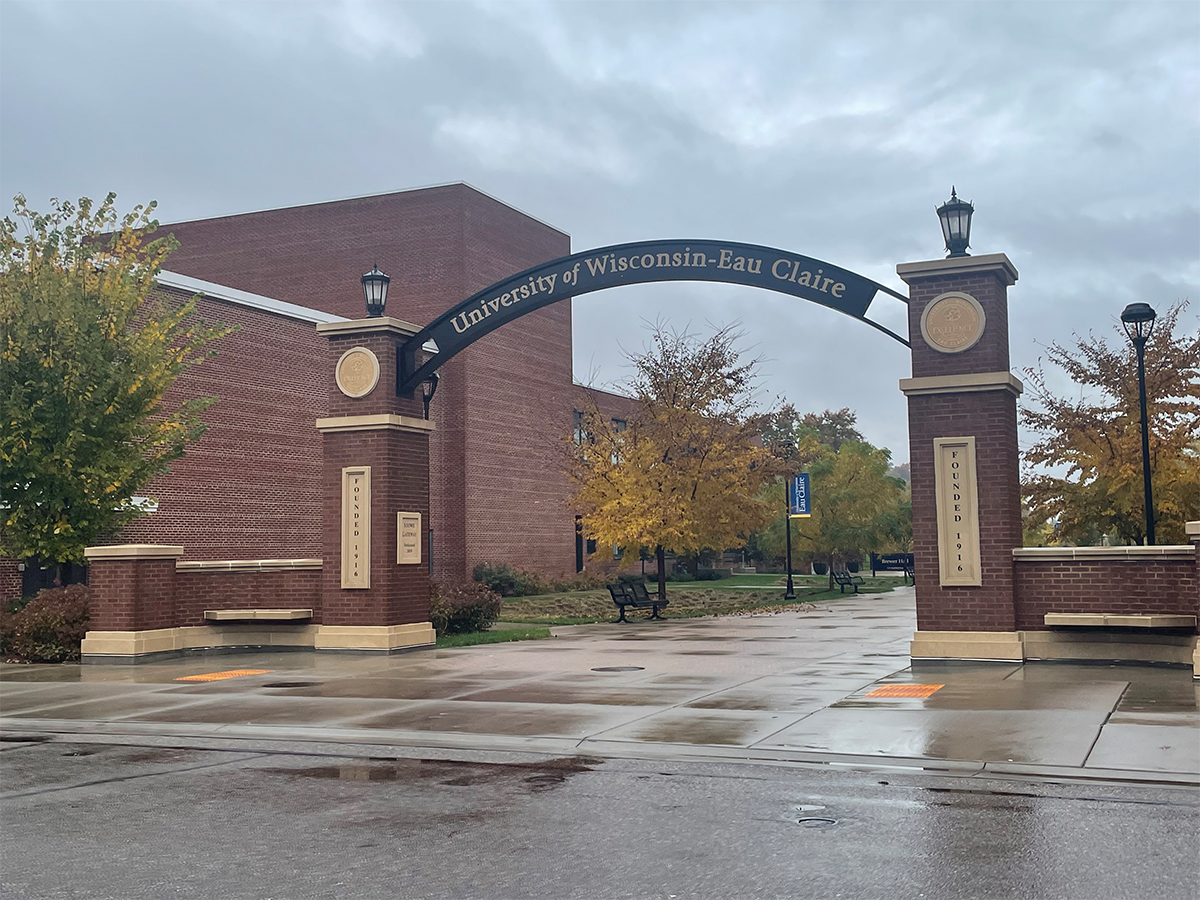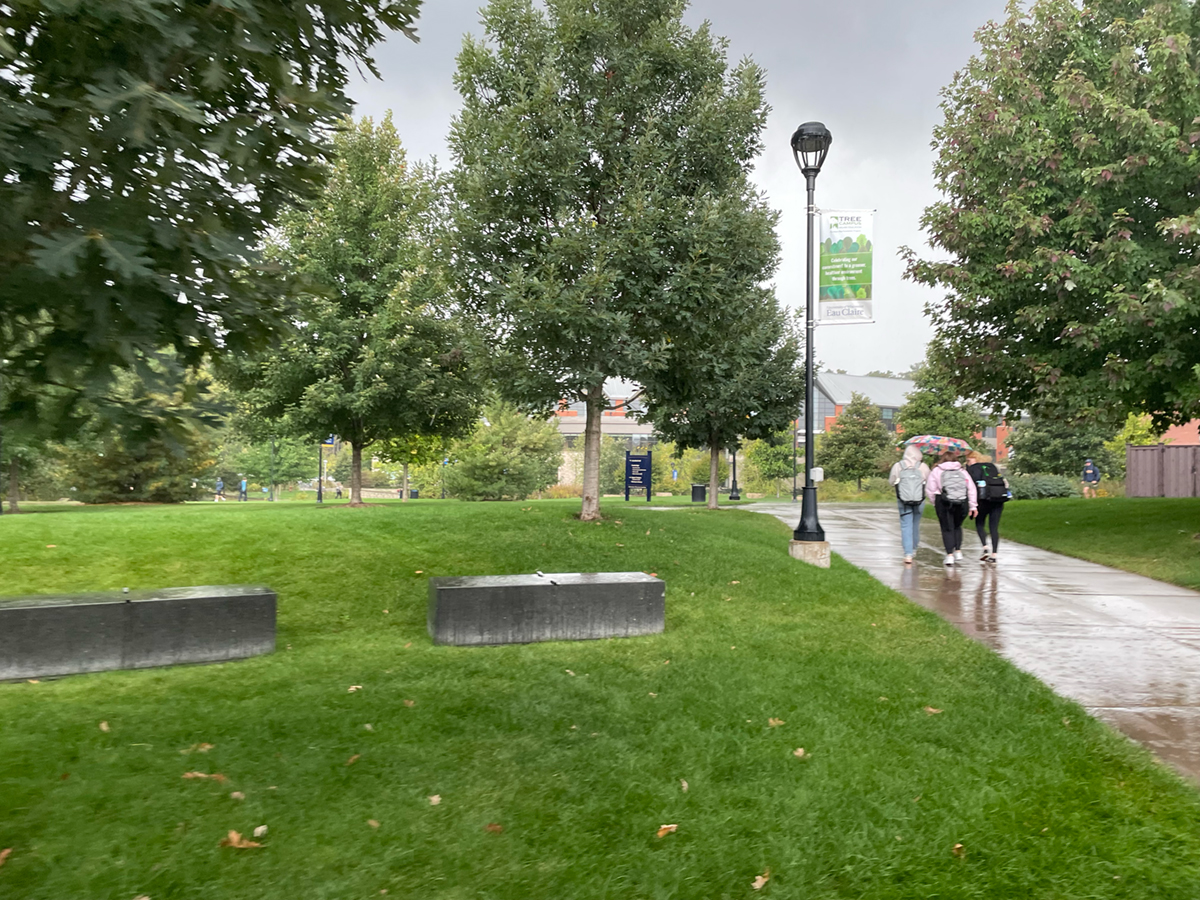It was an accident, but a fairly significant one. Messing around on a computer a couple of weeks ago, junior Erick Crager accidentally crashed the campus’ Oak server from an on-campus computer lab.
The server, which offers among other things, Telnet access to the Blugold system, contains students’ grades and other sensitive information.
The fact that he was able to crash the server so easily should be a cause for concern, Crager said.
“If the machine is so vulnerable, maybe they shouldn’t use it,” he said.
Computing and Networking Services called Crager the next day to inform him that his computer would be disconnected from the campus network.
It later was reconnected.
Situations such as Crager’s happen every once in a while, but are not common, said Rick Richmond, CNS project coordinator. Computer security never can be perfect, but CNS is aware of the threats on campus, he said.
“We can detect security problems pretty early on,” Richmond said. “If unusual activity occurs, we can find it quickly and isolate the offending computer.”
Computer security at UW-Eau Claire consists of a wide spectrum of concerns, Richmond said. CNS considers everything from physical threats to viruses and hackers.
The campus servers are housed in a secure room with smoke, water and intrusion detection that includes cameras, Richmond said.
These precautions physically protect the servers themselves from fire. They also are important to prevent flood damage, particularly because Schofield Hall is located on a flood plain, he said.
CNS also prepares for network threats by backing up data on a regular basis.
“If it’s lost in a fire, flood or hacking, we’ll be able to recover it in the shortest possible time so (it has) the least negative effect on the user,” Richmond said.
Students also have a responsibility to keep their information secure by changing passwords frequently and running anti-virus software, he said.
At the end of February, CNS sent an e-mail to students, informing them they should change their e-mail passwords, particularly if they still have the eight-digit original assigned to them.
“(A student’s original password) is not at all secure,” Richmond said. “There are only so many combinations.”
Senior Amy Rogers got the e-mail, but didn’t change her password.
“I guess I just thought it was kind of silly after four years,” Rogers said. “Why bother now?”
In general, Rogers said, she thinks her information is pretty secure as long as she uses common sense about keeping her password secure.
Another way students can protect themselves and their personal information is by installing anti-virus software, Richmond said.
Security at Eau Claire, while not perfect, compares favorably to that at other campuses, he said.
“We treat all data as confidential,” Richmond said. “We are the guardians of others’ data. We don’t look at it or evaluate it, we simply try to preserve it.”






